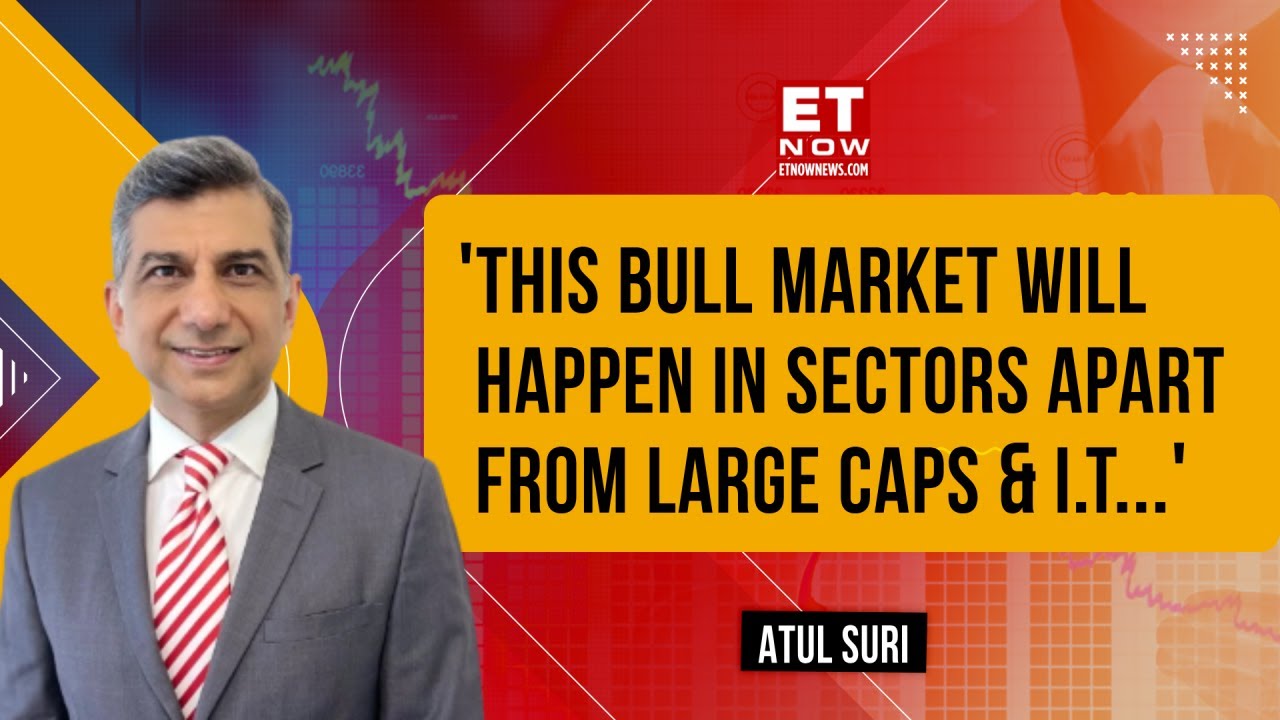David Rubenstein Sees More Investors Interested in Private Equity
Summary
TLDRIn this engaging discussion, David Rubenstein explores key trends in private equity, business strategies, and major global events. He reflects on the rise of large-scale buyouts, the shifting landscape of private equity, and how returns and investor dynamics have evolved. Rubenstein also shares insights into tech giants like Apple and Microsoft, government regulation, and the impact of SoftBank’s Vision Fund. Additionally, he comments on President Trump's impeachment proceedings, business community sentiment, and his interactions with leaders like Boris Johnson, Tim Cook, and Ivanka Trump.
Takeaways
- 💼 There's interest in interviewing notable figures like Greta and British Prime Ministers such as Boris Johnson, Tony Blair, and David Cameron.
- 📈 Buyout sizes were significant before the Great Recession, but larger deals have become rarer, with recent ones being in the range of $5-10 billion.
- 🏢 The number of private equity firms has grown substantially, from 250 when Carlyle started to 8,500 today, with a handful dominating large transactions.
- 💰 Investors like sovereign wealth funds and public pension funds are more interested in private equity, seeing it as a hedge against recessions.
- 📉 Expected rates of return have decreased; private equity investors used to expect 20%, but today they are content with around 15%.
- 🧐 Raising capital has become easier, but deploying it effectively remains a challenge for private equity firms.
- 🚀 Tech companies have seen massive growth, with examples like Tim Cook and Satya Nadella leading companies to trillion-dollar market caps.
- 🏛️ Historically, the US government has intervened when companies grow too large, but that hasn't happened yet with today's tech giants.
- ⚠️ Lessons from the WeWork collapse highlight the dangers of overvaluation and poor corporate governance, particularly when large amounts of capital are deployed.
- 🇺🇸 Despite the impeachment of the President, the US economy and business community seem unaffected, with business leaders still supporting the administration.
Q & A
Who is David Rubenstein referring to when discussing notable figures at the event?
-David Rubenstein mentions several British Prime Ministers, including Boris Johnson, Tony Blair, and David Cameron, as well as other influential figures such as Michael Dell and Jeff Bezos.
What does Rubenstein mean by 'scale' in the context of private equity transactions?
-Rubenstein is referring to the size of buyouts and investment deals in private equity. He notes that while large buyouts have historically been significant, they have become more challenging post-recession, with current buyout sizes typically in the range of $5-10 billion.
What is one of the major changes in private equity that Rubenstein highlights?
-Rubenstein points out that private equity firms have become more diversified, engaging in private credit, infrastructure, and real estate in addition to traditional private equity. Additionally, large private equity firms are now publicly traded, adding a new dimension to their operations.
How has the expected rate of return in private equity changed, according to Rubenstein?
-Rubenstein notes that in the past, private equity investors sought net internal rates of return of 20%. Today, investors are content with a 15% return due to lower interest rates.
What is Rubenstein's perspective on raising and deploying capital in the current environment?
-While raising capital has become easier due to the acceptance of private equity as a mainstream asset class, Rubenstein acknowledges that deploying capital effectively is more challenging.
What lesson does Rubenstein take from the WeWork situation?
-Rubenstein highlights that overly large investments, like those made by Softbank's Vision Fund in WeWork, can result in overvaluations and governance issues. He sees this as a generational mistake, one that has been made before and will likely happen again.
What has been Rubenstein’s observation regarding the success of major tech companies?
-Rubenstein marvels at the immense growth of tech companies like Apple and Microsoft under leaders like Tim Cook and Satya Nadella, noting their rise to trillion-dollar market capitalizations. However, he cautions that such rapid growth may not be sustainable forever.
What insight does Rubenstein offer about the current political climate in the U.S., particularly regarding impeachment?
-Rubenstein finds it unusual that, despite the impeachment trial of the U.S. President, the economy and business community remain largely unaffected and supportive of the administration's policies.
Was impeachment discussed in the meeting Rubenstein attended with the U.S. President?
-No, there was no discussion of impeachment during the meeting. The focus was on topics like job creation, with speeches from the President and his daughter Ivanka Trump.
How does Rubenstein describe the current perception of private equity by institutional investors?
-He explains that institutional investors like sovereign wealth funds and public pension funds view private equity as a hedge against economic downturns and have increased their allocations to private equity as a result.
Outlines

このセクションは有料ユーザー限定です。 アクセスするには、アップグレードをお願いします。
今すぐアップグレードMindmap

このセクションは有料ユーザー限定です。 アクセスするには、アップグレードをお願いします。
今すぐアップグレードKeywords

このセクションは有料ユーザー限定です。 アクセスするには、アップグレードをお願いします。
今すぐアップグレードHighlights

このセクションは有料ユーザー限定です。 アクセスするには、アップグレードをお願いします。
今すぐアップグレードTranscripts

このセクションは有料ユーザー限定です。 アクセスするには、アップグレードをお願いします。
今すぐアップグレード関連動画をさらに表示

Unlock the Path to $10,000,000 Net Worth in 3-6 Years – Adam Coffey Reveals How!

The Deal Room: 2024 in Review – M&A, AI, Private Credit, and IPOs

Saharanpur के Gupta Brothers, जिन्होंने अपनी जेब में पूरे South Africa को रख लिया | Jacob Zuma

Atul Suri Analyzes Markets Over 15 Years, Key Sectors & Themes To See Ahead For Short & Long Term

ETF Edge: Top trends in active ETFs and why investors are rushing into them

Session 11: Estimating Hurdle Rates - More on bottom up betas
5.0 / 5 (0 votes)
